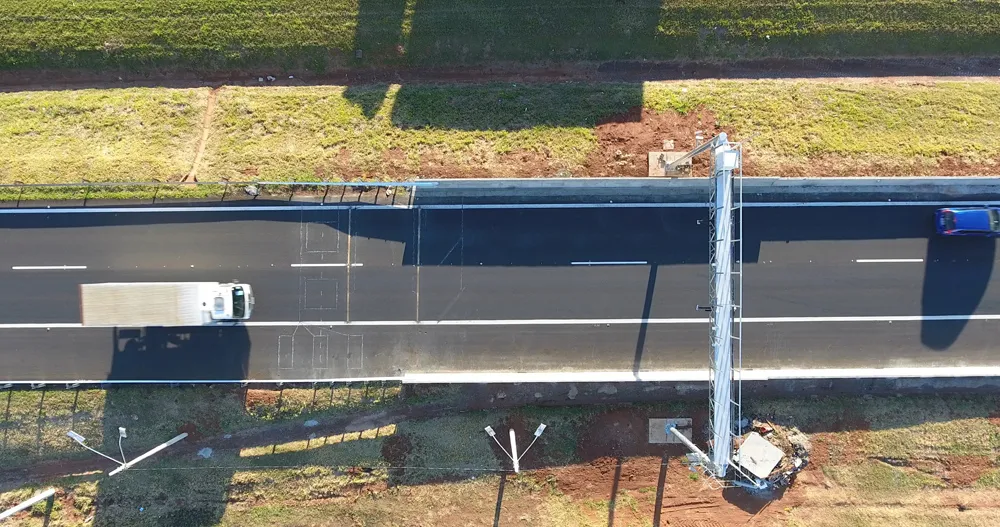Amyris Brasil, a subsidiary of 4229 Amyris, has announced that it will supply renewable diesel during a 12-month fleet test involving 20 city buses in Rio de Janeiro, Brazil. The renewable fuel derived from sugarcane, known locally as Diesel de Cana, will be blended at a 30 per cent rate with petroleum-derived diesel and used in 1685 Mercedes-Benz buses operated by Viação Saens Peña, a Rio-based bus operator. The Rio transportation federation, Fetranspor, will use the data collected during this fleet test to evaluate the engine and environmental benefits of Amyris’s renewable diesel. The results of the fleet test will be presented at the United Nations Conference on Sustainable Development (Rio+20) taking place in Rio in June 2012.
The city of Rio de Janeiro has more than 8,000 buses consuming about 280 million litres of diesel per year. The Rio fleet test is expected to validate the significant reduction of nitrogen oxide and particulate matter emissions evidenced in recent Mercedes-Benz engine tests with a 30 per cent blend of Amyris’s renewable diesel.







